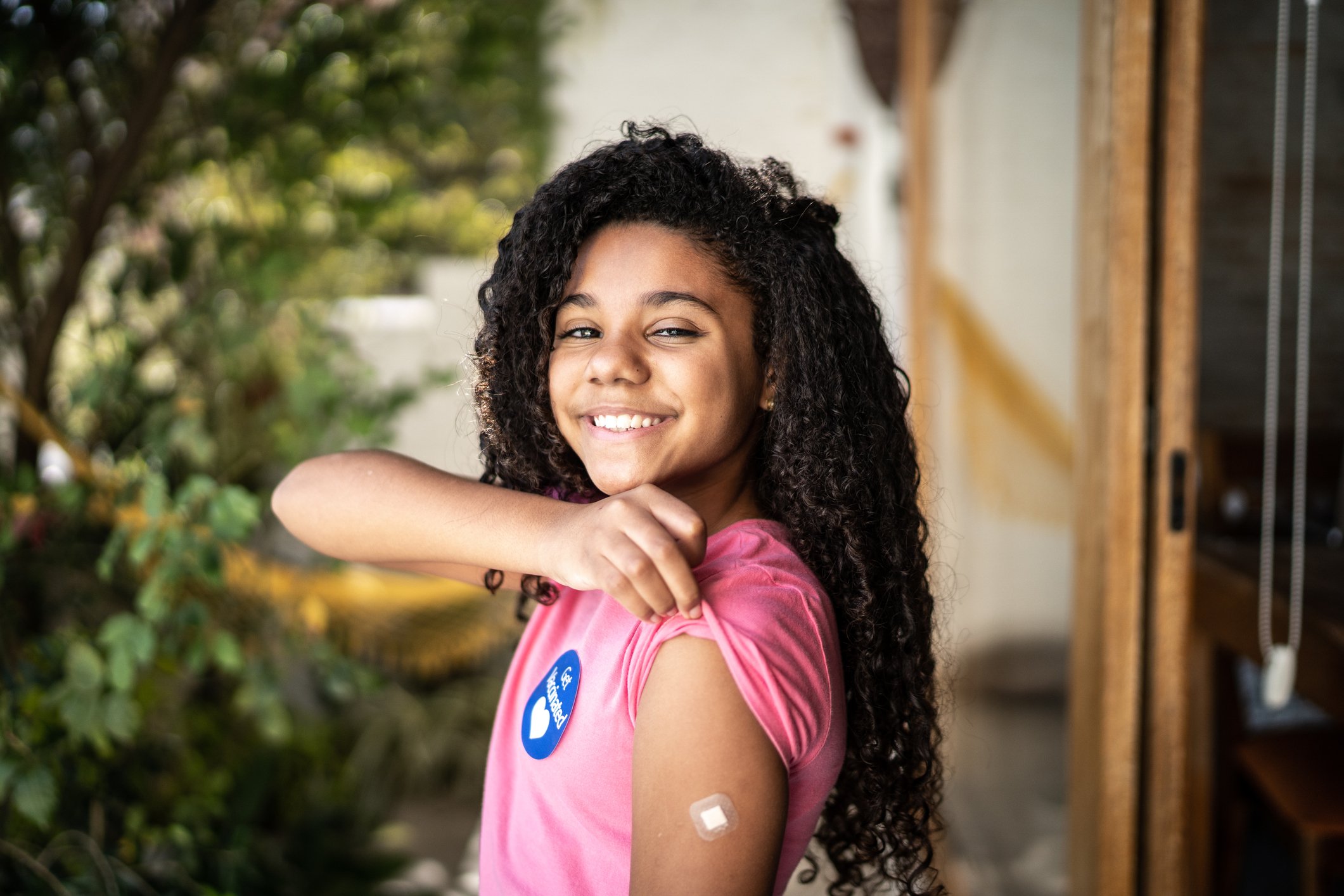Emergent BioSolutions (EBS +0.36%) released earnings last week, setting itself up for a solid year as it moves toward its goal of having $1 billion in revenue by 2020.
Emergent BioSolutions results: The raw numbers
|
Metric |
Q1 2017 |
Q1 2016 |
Year-Over-Year Change |
|---|---|---|---|
|
Revenue |
$117 million |
$103 million |
13.5% |
|
Income from operations |
$14.9 million |
$21.2 million |
(29.5%) |
|
Earnings per share |
$0.23 |
$0.10 |
130% |
Data source: Emergent BioSolutions.
What happened with Emergent BioSolutions this quarter?
- Sales of BioThrax were down 26% year over year, but that was due to timing of delivery to the Strategic National Stockpile and was made up for entirely, and then some, by sales of its botulism antitoxin BAT, which were pushed from the fourth quarter into this one.
- Revenue from contract manufacturing increased 132% year over year. Some of the increase was due to work it's doing for its spinoff Aptevo Therapeutics (APVO +4.60%) and some was just due to timing of services delivered in the first quarter of each year, but management noted that it's getting additional contract-manufacturing business from repeat and new customers.
- During the quarter, the company signed three new government contracts: $30.5 million to develop monoclonal-antibody therapeutics for viral hemorrhagic fever, $100 million for its anthrax vaccine BioThrax to be delivered to the Strategic National Stockpile, and a $53 million modification to its existing contract for the manufacture of BAT.
- Its new manufacturing plant, Building 55, was approved by the German Federal Ministry of Health, allowing potential future sales of BioThrax in the EU.

Image source: Getty Images.
What management had to say
To reach this year's revenue goals, Emergent BioSolutions is looking for strong growth from outside the U.S., as president and CEO Daniel Abdun-Nabi explained:
We anticipate that we will more than double our international sales revenue over last year. Our anticipated growth in international sales is expected to be driven by orders across our product portfolio from repeat, as well as new customers from a number of countries across the globe.
The next growth driver is likely the company's nerve-agent antidote auto-injector Trobigard. Abdun-Nabi highlighted the expected demand, and how the company is dealing with it:
Orders for and interest in Trobigard have exceeded our initial 2017 supply capacity, and working with Nemera, a recognized world leader in the design, development and manufacturing of drug-delivery devices, we plan to double our manufacturing capacity by the end of this year and triple that capacity in 2018.
Looking forward
Management thinks it's on pace to reach its 2017 goal of revenue between $500 million and $530 million. For the second quarter, management is guiding for revenue of between $100 million and $115 million.
On the pipeline front, the company started a phase 1b trial for its oral treatment for dengue viral infection, and it plans to get two new drugs into the clinic, a seasonal flu therapeutic and a Zika therapeutic. Emergent BioSolutions is also planning on running two trials for Trobigard, which will help it gain approval from the Food and Drug Administration so it can be sold to the U.S. government. NuThrax, its next-generation anthrax vaccine, is progressing toward a phase 3 trial next year.
Long term, Emergent BioSolutions is looking to increase revenue to $1 billion in 2020. While the aforementioned pipeline products will help, investors should also be on the lookout for an acquisition to help with the push toward that lofty goal.





